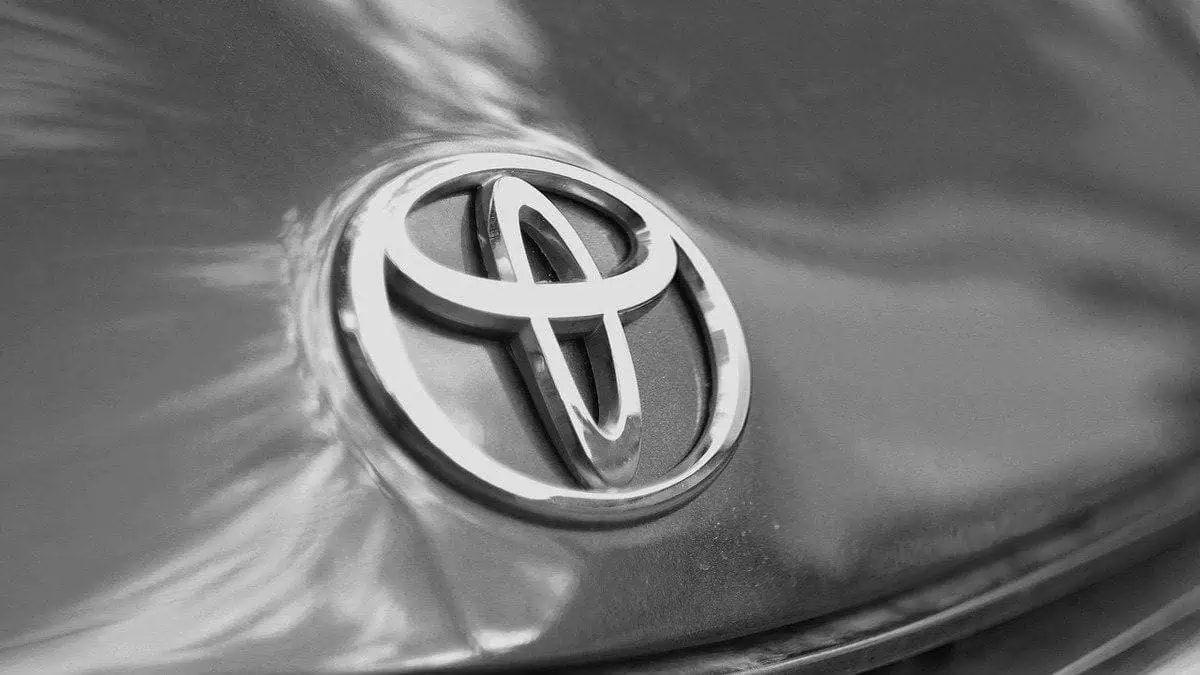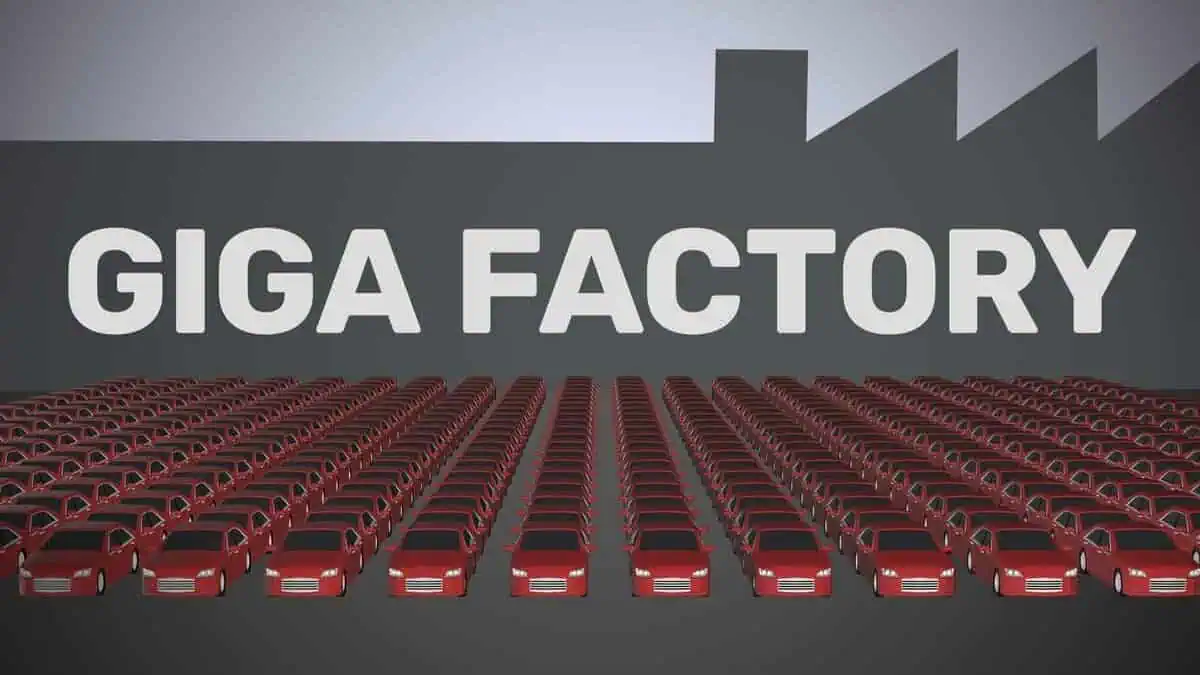Japanese legacy automaker Toyota showed off its next-gen production line for electric vehicles with some new innovative technologies at its Japanese factories on Tuesday.
The move demonstrates the company’s efforts to level with industry leader Tesla’s dominance in the global EV industry.
Production line highlights
Toyota’s new EV production line involved various improvements in the production process, including the Tesla-pioneered giga casting technology, self-propelled manufacturing lines, robots, and in-house solid-state battery production, among others.
Giga casting tech
Toyota’s Myochi factory now features Giga casting technology, enabling the automaker to employ large, one-piece castings for the vehicle’s major structural parts.
This innovative process efficiently lowers the vehicle’s weight, enhances structural integrity, and simplifies production.
Notably, it is a similar technology that aids Tesla in ramping up its electric vehicle production.
Toyota asserted its “wealth of knowledge” in low-pressure molding and die casting from its engine production. Interestingly, giga castings significantly accelerate the mold change from 24 hours to just 20 minutes, InsideEVs noted.
Analysis tech
Toyota also revealed its proprietary analysis technology to ensure casting quality and avoid generating defective products.
The company also developed a new modular structure and self-propelled manufacturing system for 50% of the Motomachi plant’s production process and proposed investment.
According to the report, Toyota will employ a three-part modular structure for its BEV models, including the front, center, and rear. It will substantially streamline the production process and improve productivity at the factory.
Meanwhile, its self-propelled manufacturing system will transport finished EVs through the assembly line using sensors at an “extremely low speed” to enhance line design and flexibility.
Solid-state battery line
Toyota unveiled its new solid-state battery development line, hinting that the company has already achieved an advanced phase in developing the technology.
If it succeeds, Toyota can offer a battery technology with a 745-mile range and 10-minute recharging capacity.
Toyota expects to launch its promised solid-state battery by 2027 to 2028.
Toyota’s EV and battery strategies are crucial for achieving its target of having ten new battery-electric models by 2026. It also aims to sell 1.5 million EVs per year by the same year.






